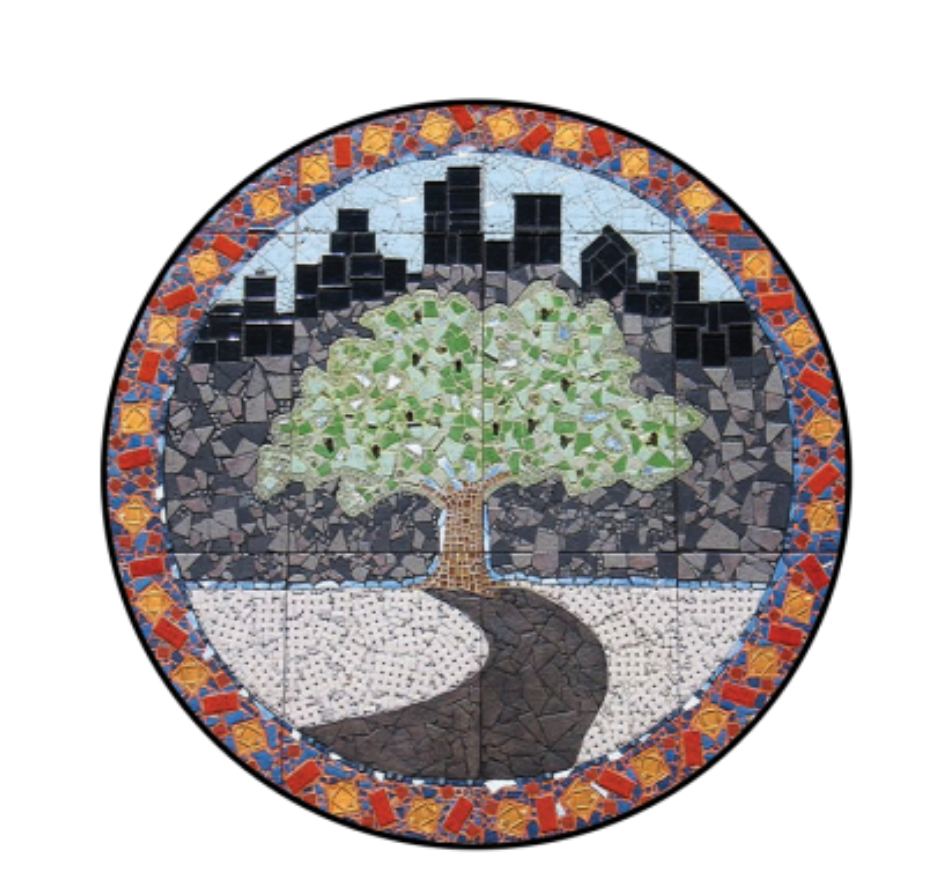Why Does Great Education Reform Rarely Look Like Great Education?
Imagine if education reform actually mirrored the ideals of great education.
In my almost 20 years as an educator, I’ve been in many amazing classrooms in a variety of settings. In the most effective ones (the ones where the most learning and growth happens) children are engaged and empowered. They are joyful about their work. They find their work meaningful, right for them, and purposeful. They are encouraged to exert their voices but are still working collaboratively, collectively and in partnership with their teacher. Often, they are approaching tasks and problems in many different ways. Sometimes, they are even doing many different things. I’ll admit - that kind of classroom is difficult to achieve. But, I know I would want to learn in that classroom. It is through the teacher’s creation of these conditions, these ways of being, these understandings of human development and motivation that great growth happens. Just imagine if our education reformers learned the lessons from our best educators.
Great teachers differentiate based on interest, strengths and challenges. Great educators know that, to help every student in their classroom, they need to understand their approach to learning, give them a variety of ways to express their learning, and provide them with learning at the right level for them. They know that every student should not be doing the same exact thing. Imagine if we understood schools in the same way and applied that principle – created reform that actually honored and encouraged different approaches, different ways of thinking, and the different stages of a school’s development. Imagine if great reform was actually marked by the innovation and differences in our school’s approaches – not in the standardization of them.
In order to differentiate, of course, great teachers really listen to their student’s voice and really know their students. They know their students beyond their latest test grade. They listen carefully, look patiently and closely, and then create the next steps in learning based on what they’ve heard. Imagine if reform was the same way. Imagine if we found a way to really understand where a school was (beyond their scores), if reformers actually spent more time listening than talking, and we found a way to really understand the challenges, their successes and what they hoped to accomplish – and then we helped them get there.
Great teachers really understand child development. They know what’s typical of certain ages. They know where a child should generally be and how to help them take the next step. They know how children of different ages respond to change, to varying relationships, to setback or to the variety of influences around them. Imagine if school reformers really understood the developmental stages of organizations and schools, the delicate ecosystem that is a school, and the intricate ways that organizations/schools grow, change, and shape over time.
Great teachers build great relationships. They are connected to their students. Students know that they, as individuals (not just as test-takers or students) are cared for. Imagine if those carrying out the practice ofeducation reform (the school leaders, the teachers, those in the schools) felt that same way about the reformers.
And, great teachers understand learning. They are really versed in how a child learns and how they learn as readers, as mathematicians, as scientists. They also understand themselves as learners. Imagine if we insisted that all reforms must meaningfully (or even predominantly) include those who have actually practiced great teaching and learning themselves and understand how that delicate magic really happens.
Great teachers do so much more: they scaffold, they create the nurturing environment, they ensure the right resources are in place, they plan thoughtfully and way head, they create stability, they assess broadly and deeply and for many different things, and the list – and parallels could go on.
Instead, I’m sad to say – whether it’s the new Instructional Frame, teacher evaluation, School Effectiveness Reviews, and whichever compliance mandate happened today in Baltimore - we find ourselves in a very traditional classroom. The very well-meaning reformers are in the front of the classroom. They are lecturing. We are all in rows. Our eyes are expected to be on the teacher. We are all doing the same assignment. Occasionally, a “yes ma’am” or “yes sir” may even be expected.
So, how can it be great education reform if it looks nothing like great education? Let’s change course. Let’s make our education reform look like great education. Let’s do it for principle, as a model, as best practice, for the joy of the really complex and innovative approach, and, ultimately, for the students in all of our schools.
It is that kind of reform that I – and so many educators – want to be part of. That would be really hard, complex, and amazing reform work.
-- Mike Chalupa, Academic Director of City Neighbors Foundation, & Principal of City Neighbors Charter School
We hope to see you this Saturday at the 3rd Annual Progressive Eduction Summit! Over 300 people have registered and we are ready to go! www.cityneighborsfoundation.org

